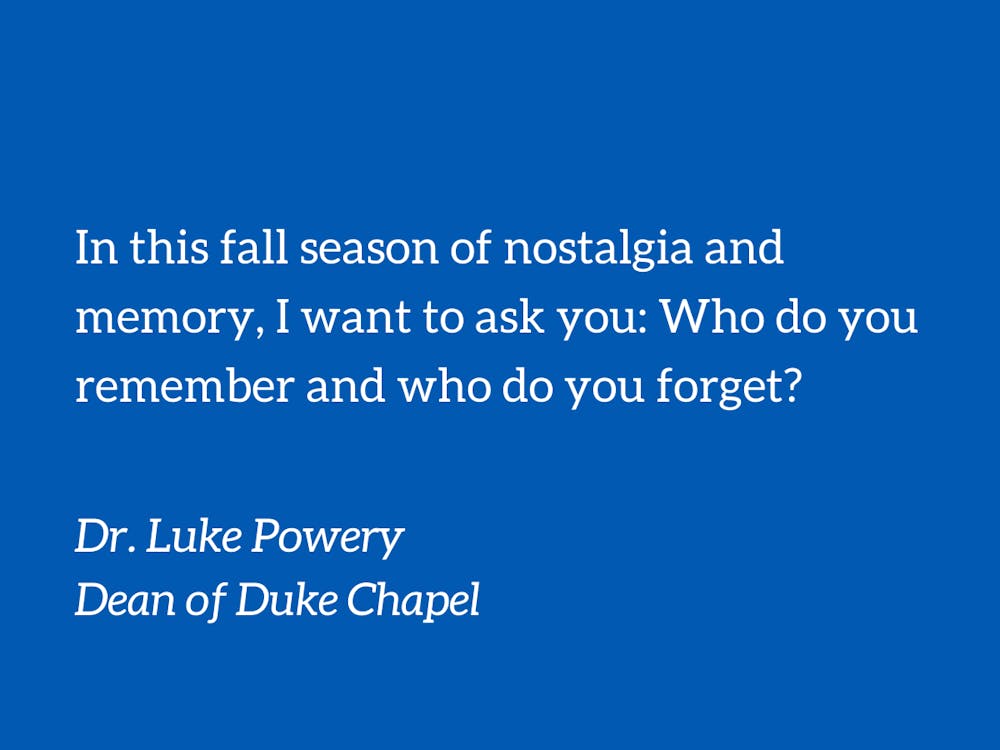This is a season of remembrance in various traditions with days for Día de los Muertos, All Hallows, All Souls and All Saints. It makes sense to me to celebrate memory because it is so essential for our lives. We rely on memory for many things — how to find our way back home, where our offices are, where we parked our cars (this can be a challenging one!), our phone numbers, our birth dates and birthplaces and where we were during historic, tragic or joyful moments.
We can take memory for granted because it is so automatic and unconscious for many of us, but if you examine it closely, you’ll notice that there are different kinds of memory: working memory that’s used to store information for short periods; episodic memory to recall past events; semantic memory to remember the meanings of words, facts, faces or objects; prospective memory to remember an appointment, date or event in the future; procedural memory that involves actions you learn and can do automatically, like tying shoelaces; and even musical memory that is often still present for those who otherwise struggle with remembering.
I’d like to add one more mode of memory to that list: remembering one another as fellow human beings. I say that both in the sense of remembering the infinite value of the life of another person but also in the sense of repairing broken relationships near and far — that is, “remembering” people and bonds that have been dismembered by violence, hatred or indifference.
Some know that I have a kind of memorial to this type of remembering on my office desk in Duke Chapel. Sitting side-by-side, I have a communion cup and plate from Tabgha on the Sea of Galilee to remember Jesus who was crucified, and next to them a can of Arizona Iced Tea and a packet of Skittles to remember Trayvon Martin who was murdered in Sanford, Florida in 2012. When I look at these elements, I hear a faint whisper: “Remember.”
This type of memory is at play in my scholarship and teaching on the Spirituals. These are songs — first passed on by memory — that were created by people whose names have been forgotten. I think of the Spirituals as musical memorabilia created on the anvil of misery that was inhumane slavery.
Last spring semester, I taught a course on the Spirituals as a resource for preaching in a federal men’s prison. There were 10 Divinity School students and 12 incarcerated students in my class. There were many memorable moments from that class, but one that stands out was when one of the incarcerated students preached a memorial sermon for a former friend and inmate who died during the COVID-19 pandemic. During the class reflection time after the sermon, the student-preacher talked about the importance of remembering, even if it wasn’t for a memorial sermon per se. The irony, I learned, was that this incarcerated student-preacher was suffering from memory loss all semester. The one losing his memory was exhorting us not to lose ours and to remember one another. It might be easy to forget those in prison who are out of sight and perhaps out of mind. But the forgotten ones are the wise ones who remind us — “don’t forget.”
As this student talked, I looked across the room and saw something that could have been a coincidence — or a providential message. Against the wall, I noticed that a table with “in remembrance of me” was covered up with mops and yellow caution signs, so you couldn’t read the entirety of this phrase spoken by Jesus. Here in this prison was that same whisper as at my office desk: “Remember.”
So, in this fall season of nostalgia and memory, I want to ask you: Who do you remember and who do you forget? And in this time in the world of strife and broken bodies, I want to ask you: Will you remember with me?
The Rev. Dr. Luke A. Powery is Dean of Duke University Chapel. His column runs on alternate Mondays.
Get The Chronicle straight to your inbox
Signup for our weekly newsletter. Cancel at any time.

